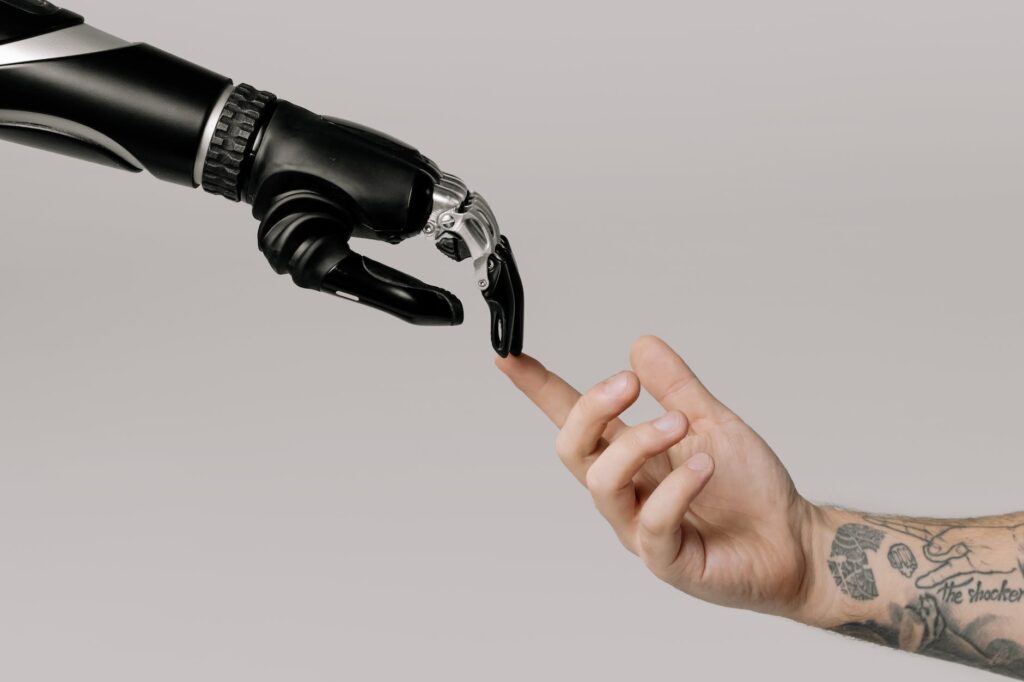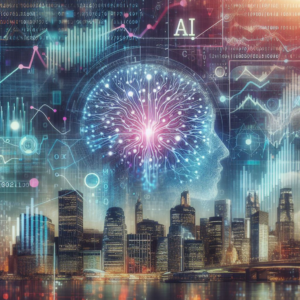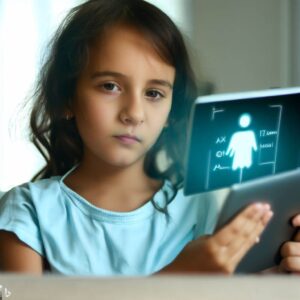
A recent study conducted by OpenAI, a leading artificial intelligence research lab, has identified several professions that could potentially be replaced by AI-powered chatbots. The study analyzed a wide range of jobs and looked at which tasks within those jobs could be automated using the technology.
What is AI and ChatGPT?

AI, or artificial intelligence, refers to machines and algorithms that can perform tasks that typically require human intelligence, such as visual perception, speech recognition, decision-making, and natural language processing. ChatGPT is an AI-powered chatbot developed by OpenAI that is capable of engaging in natural and dynamic conversations with humans.
Professions that are at risk of being replaced

According to the study, some of the professions that are at risk of being replaced by AI-powered chatbots include customer service representatives, technical writers, and data entry clerks. These professions involve tasks that are repetitive, rule-based, and can be easily automated using chatbots.
Customer service representatives are responsible for handling customer inquiries, complaints, and feedback. With the help of AI-powered chatbots, customers can receive immediate assistance, and the chatbots can also analyze the customer’s data and provide personalized recommendations.
Technical writers are responsible for creating user manuals, product descriptions, and other technical documentation. With the help of AI-powered chatbots, technical writing tasks can be automated, reducing the need for human intervention.
Data entry clerks are responsible for inputting data into computer systems. With the help of AI-powered chatbots, data entry tasks can be automated, reducing the need for human intervention and potentially increasing accuracy.
Professions that are safe from being replaced

However, the study also found that some professions are unlikely to be replaced by AI-powered chatbots. These professions involve tasks that require human creativity, emotional intelligence, and problem-solving skills.
For example, professions in the arts, such as writers, musicians, and artists, are unlikely to be replaced by AI-powered chatbots. The creative process involves a high degree of emotional intelligence and human intuition, which are difficult for AI to replicate.
Similarly, professions in healthcare, such as doctors, nurses, and therapists, are unlikely to be replaced by AI-powered chatbots. These professions involve tasks that require a high level of human empathy, communication skills, and critical thinking.
The future of work

The study’s findings suggest that the future of work will involve a shift towards professions that require human creativity, emotional intelligence, and problem-solving skills. As AI technology continues to advance, more jobs may become automated, but new jobs that require human skills and expertise will also emerge.
To prepare for the future of work, individuals should focus on developing skills that are difficult for AI to replicate, such as creativity, emotional intelligence, and problem-solving skills. This could involve pursuing education and training in fields that require these skills, such as the arts, healthcare, and education.
What is the need of this time?

In addition, employers should also prioritize developing and implementing AI-powered technologies that enhance and augment human skills, rather than replace them. This could involve investing in technologies that improve collaboration and communication between humans and AI, or technologies that enhance human creativity and problem-solving skills.
The study conducted by OpenAI highlights the potential impact of AI-powered chatbots on various professions. While some jobs may be at risk of being automated, the findings also suggest that the future of work will involve a shift towards professions that require human skills and expertise.
To prepare for the future of work, individuals should focus on developing skills that are difficult for AI to replicate, while employers should prioritize investing in technologies that enhance and augment human skills. By doing so, we can ensure that AI technology is used in a way that benefits both businesses and society as a whole.





















